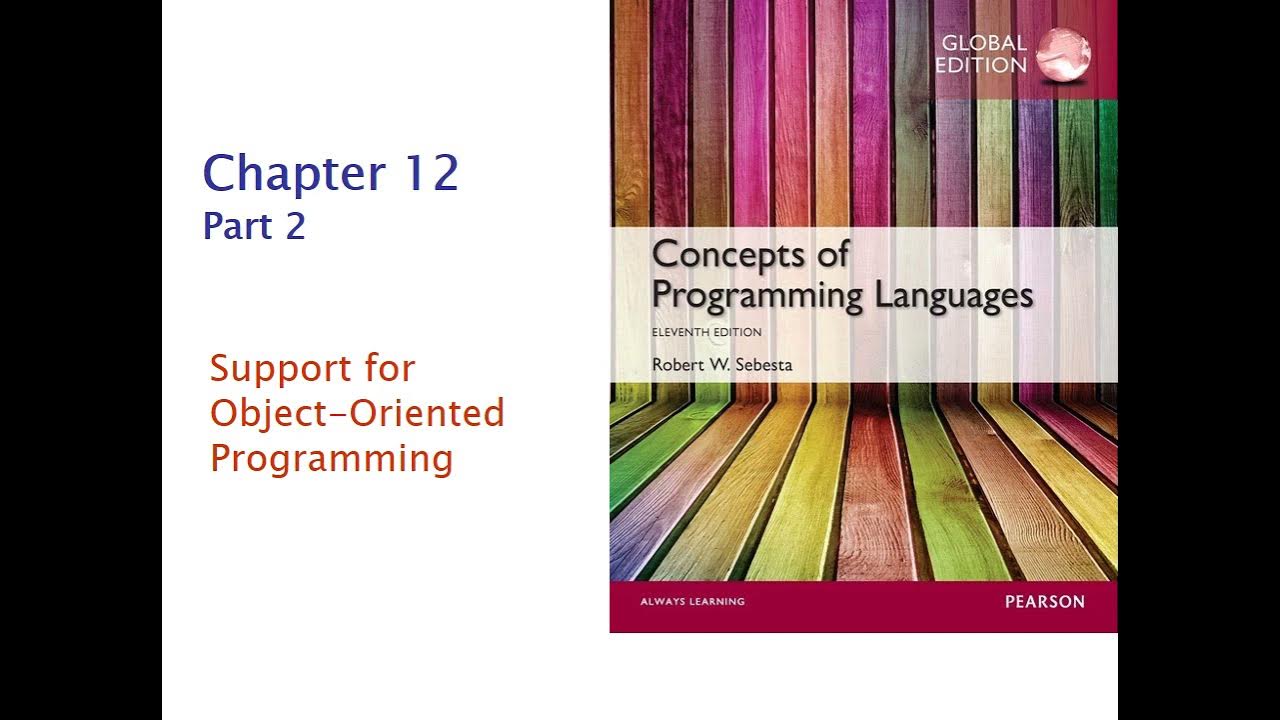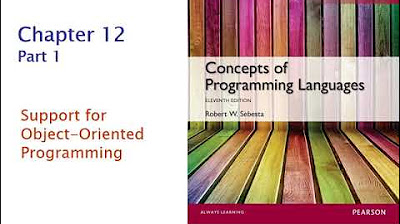Mutation Testing Mutation for integration
Summary
TLDRThis lecture focuses on mutation testing in the context of object-oriented programming, specifically Java. The instructor explores a wide array of mutation operators for integration testing, explaining their effects on the code and how they can help detect errors. Topics covered include changes to access modifiers, method overriding, type changes, and more. The lecture provides an in-depth analysis of mutation operators, offering examples and highlighting common pitfalls in testing. The aim is to equip learners with the tools to effectively integrate and test complex object-oriented features, ensuring robust error detection in Java and similar languages like C++.
Takeaways
- 😀 Mutation testing is an important technique for ensuring the effectiveness of integration tests in object-oriented programming languages like Java.
- 😀 Mutation operators make small, deliberate changes (mutations) to the program code to check if integration tests can detect these errors.
- 😀 The lecture introduces a set of around 20 mutation operators, each designed to test different aspects of object-oriented integration testing.
- 😀 Access modifier changes are a common mutation operator that tests if modifications to variable and method access levels are properly handled in integration tests.
- 😀 Insertion mutations help test whether the program correctly handles the addition of new elements or components within the code.
- 😀 Overriding method mutations (e.g., removing, moving, renaming methods) check if integration tests can catch issues related to method overriding in object-oriented programs.
- 😀 Type change mutations are used to test if changes in the type of an object or variable (e.g., changing an object type) are detected by the integration tests.
- 😀 Constructor and parameter changes, including deletions or modifications, are used to check if integration tests can detect problems caused by these alterations.
- 😀 Each mutation operator helps test the resilience and accuracy of integration tests, ensuring they can detect a variety of coding errors that might occur during integration.
- 😀 The choice of which mutation operators to apply depends on the specific integration features that need to be tested, and the lecturer encourages using a tailored approach based on the program’s requirements.
- 😀 Mutation testing is applicable to both Java and C++ programs, and understanding the operators is crucial for developing comprehensive and effective integration test suites.
Q & A
What is the main focus of the lecture discussed in the script?
-The main focus of the lecture is on **mutation testing** for **object-oriented integration testing**, specifically in programming languages like **Java** and **C++**. The lecture covers various mutation operators and their applications to detect integration errors.
What is mutation testing and why is it important in software testing?
-Mutation testing is a technique used to evaluate the effectiveness of test cases by introducing small changes (mutations) in the code. It helps identify whether existing tests can detect potential faults in the integration process. It's important because it ensures that the code behaves as expected even after modifications.
Can you name a few mutation operators mentioned in the lecture?
-Some mutation operators mentioned include **Access Modifier Change**, **Overriding Method Removal**, **Super Keyword Removal**, **Type Changes**, **Method Invocation Modifications**, and **Static Modifier Changes**.
How does the 'Access Modifier Change' mutation operator work in testing?
-The 'Access Modifier Change' operator alters the access level of class variables and methods (e.g., public, private, protected). This helps test if the program respects the correct accessibility rules during integration.
What does the 'Overriding Method Removal' mutation operator test for?
-'Overriding Method Removal' tests what happens when an overridden method is either removed or moved in the code. It ensures that the program properly handles such changes without causing integration issues.
What issue does the 'Super Keyword Removal' mutation operator address?
-'Super Keyword Removal' addresses issues that arise when the `super` keyword, which refers to a parent class, is removed. It helps test whether the program still functions correctly when references to ancestor classes are removed or altered.
How does the 'Type Change' mutation operator impact integration testing?
-The 'Type Change' mutation operator modifies the type of objects or parameters, testing whether the program behaves correctly when a new object type is introduced in place of an expected one, which helps detect integration issues related to type mismatches.
What is the role of method invocation modifications in mutation testing?
-Method invocation modifications, such as changing the order or number of arguments in method calls, are used to test if the correct method is invoked during integration. This ensures that any changes in method signatures do not cause unexpected behavior.
How do 'Static Modifier Changes' impact integration testing?
-'Static Modifier Changes' test how the program integrates static variables or methods. By altering or removing static modifiers, this operator checks whether the integration handles the context of static elements correctly.
How does the choice of mutation operators depend on the integration feature being tested?
-The choice of mutation operators depends on the specific features of integration being tested. Developers select operators based on whether they need to test method behavior, access control, type consistency, or other aspects of integration.
Outlines

Этот раздел доступен только подписчикам платных тарифов. Пожалуйста, перейдите на платный тариф для доступа.
Перейти на платный тарифMindmap

Этот раздел доступен только подписчикам платных тарифов. Пожалуйста, перейдите на платный тариф для доступа.
Перейти на платный тарифKeywords

Этот раздел доступен только подписчикам платных тарифов. Пожалуйста, перейдите на платный тариф для доступа.
Перейти на платный тарифHighlights

Этот раздел доступен только подписчикам платных тарифов. Пожалуйста, перейдите на платный тариф для доступа.
Перейти на платный тарифTranscripts

Этот раздел доступен только подписчикам платных тарифов. Пожалуйста, перейдите на платный тариф для доступа.
Перейти на платный тарифПосмотреть больше похожих видео

1.2 Pengantar Java

COS 333: Chapter 12, Part 2

COS 333: Chapter 12, Part 1

00 - Maratona Java Virado No Jiraya - Bem-vindo

What Is Java? | Java In 5 Minutes | Java Programming | Java Tutorial For Beginners | Simplilearn

Java 8 new features || Java 8 Interview Questions and Answers ( Live Demo with Examples )
5.0 / 5 (0 votes)
